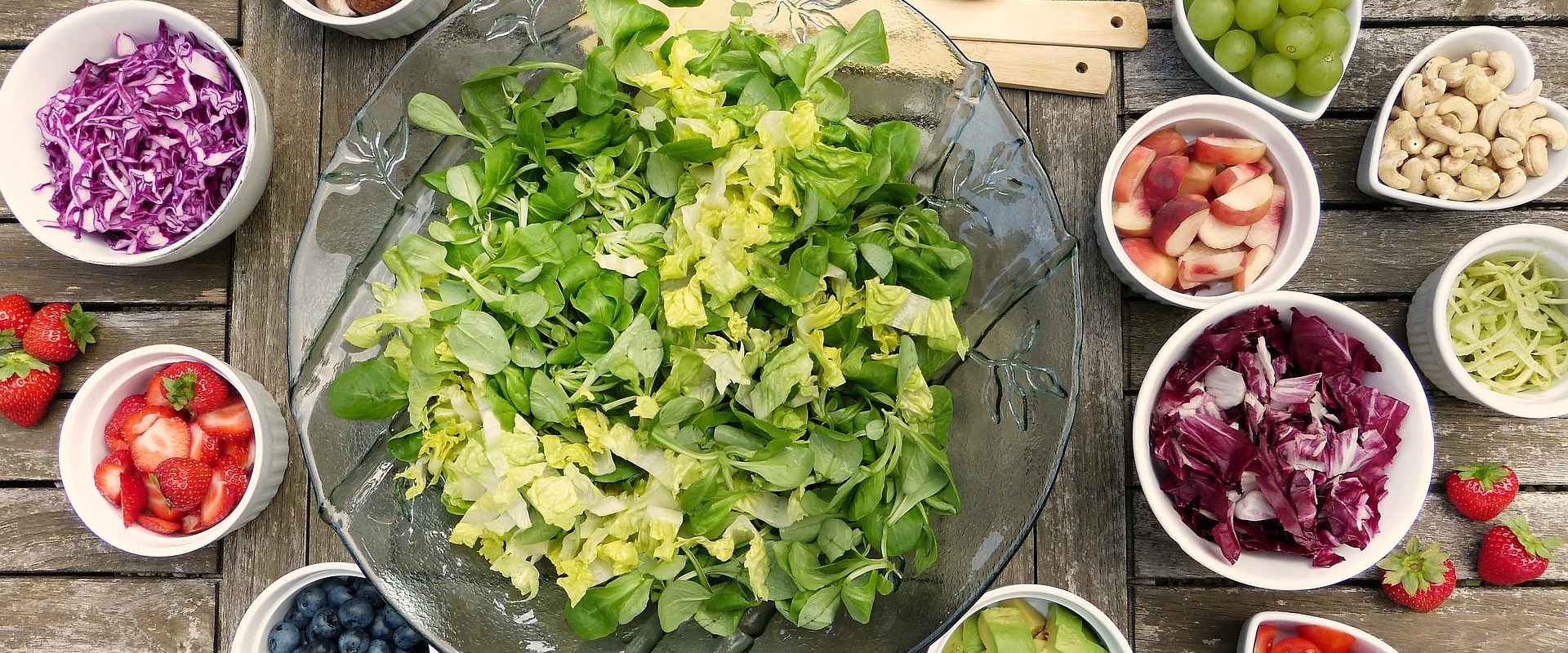Cecilia Mattioli: from Proust’s madeleines to her grandmother’s bread
2017-12-01
The top pastime for
Cecilia Mattioli, one of the most interesting online bloggers around, is
reading. She doesn’t have a favourite genre, but prefers to explore every aspect of literature from fiction to non-fiction. She’s incredibly curious and never tires of learning new things.
Cecilia has a degree in Classics (and a thesis on Greek grammar), a job with the Social Policy Department at Coop Alleanza 3.0 and her
own blog, where she discusses literature and occasionally films and cultural events.
Cecilia, when was the last time you had a really good meal?
“
I think the secret to always eating well lies with the expectations we place on food. To me, a good meal involves simple ingredients, so I always eat well. If I could, I’d live on pizza: I never get tired of eating it and I’d almost say it’s my favourite food. But to get back to your question, when Riccardo and I want to have a good meal in Ferrara, we go to the Ristorante “Centrale”, which makes delicious, traditional home-made local food. We went there last Wednesday and had the most incredible meal.”
Which recipe do you do best?
“
I love making big salads. They appeal to my (lack of) creativity and I find them so satisfying to eat. I like the fact that anything goes when you’re making a salad; there are no forbidden ingredients, although they shouldn’t clash too much. I would never put egg with onion, as I don’t like them at all.”.
Is there a dish you’d like to try making?
“
Fresh egg pasta and bread, because I love the stories behind them both. They remind me of afternoons spent with my paternal grandmother, watching how she’d magically blend ingredients to make such simple yet appealing food. In her book “In the Kitchen with Love”, the divine Sofia Loren says that “a woman who can make good pasta has a trick up her sleeve which still stands the test of time today.””
What traits do you admire in a chef?
“
Definitely simplicity. I think a good chef is someone who can make us fall in love with simple – even better, traditional – dishes. Over-elaborate food which combines lots of flavours in a deliberately sophisticated way has never convinced me. A good chef will be able to win me over by making food with just a handful of ingredients. Not surprisingly, the pizza I love most is a Margherita, and pasta with oil and parmesan or tomato sauce are my absolute favourites.”
Is there a literary recipe, one featured in a book, that appeals to you?
“
Definitely the madeleines in “In Search of Lost Time”, without a shadow of a doubt. I like the way Proust describes the associations and evocative powers of a food he ate as a child. The importance of the madeleines lies in remembering them, not the cakes themselves. It’s incredible, isn’t it? I also love “Chocolat”, a wonderful book with quite literally a fairy-tale patisserie. I’d love to know how to make cakes, sweets and chocolates, even though I don’t have a sweet tooth.”
What’s the meaning of food in your experience?
«I must admit that I don’t dedicate much of my time to the art of eating. I adore company and I also like having dinner with friends, but I come from a family who have never had any kind of food traditions. Eating is important, because you share it with other people, but I don’t see it as a ritual. The same applies when I’m out for dinner. I sit at the table for as long as it takes to eat my meal, but then I prefer to go on somewhere else for the rest of the evening.”
Mariagrazia Villa
